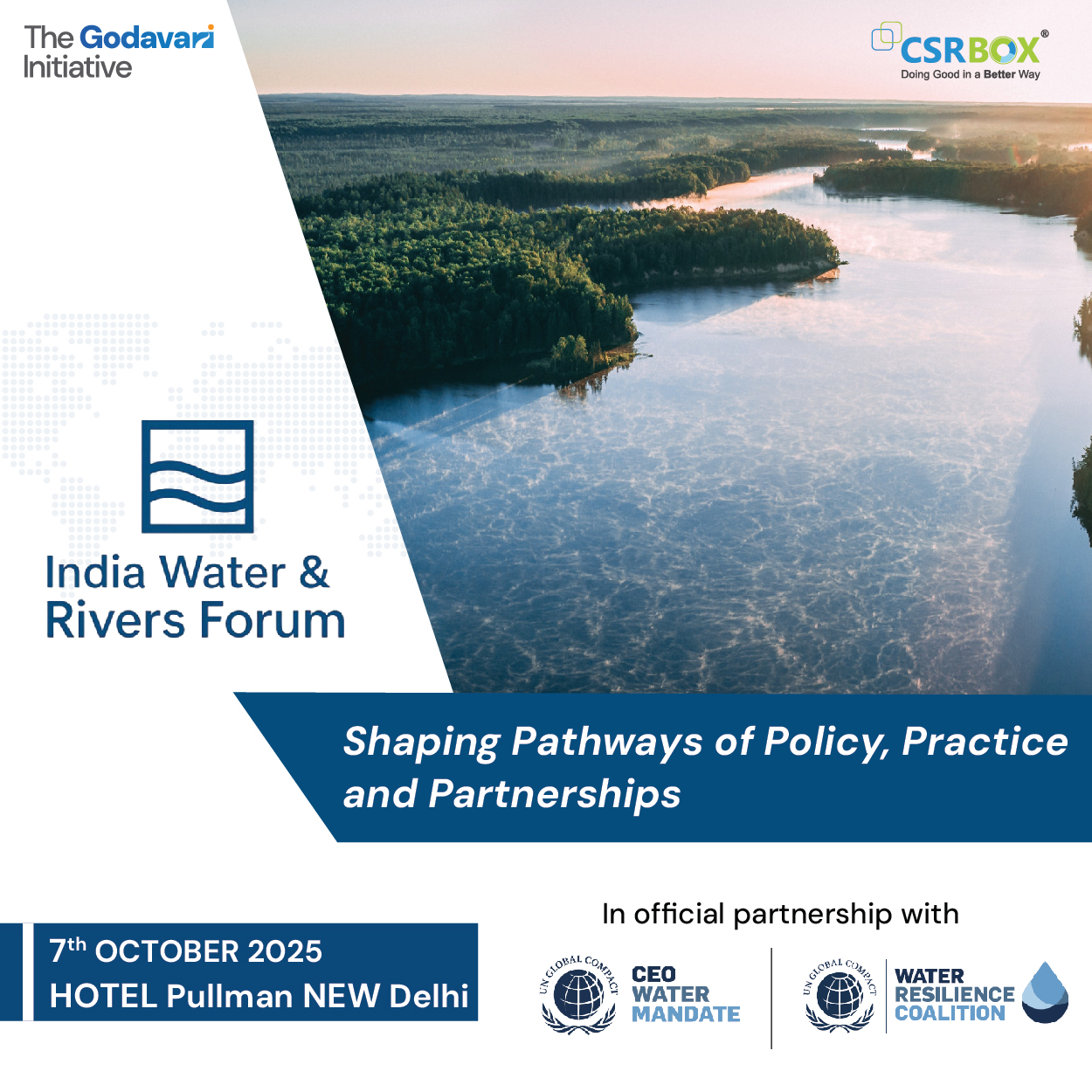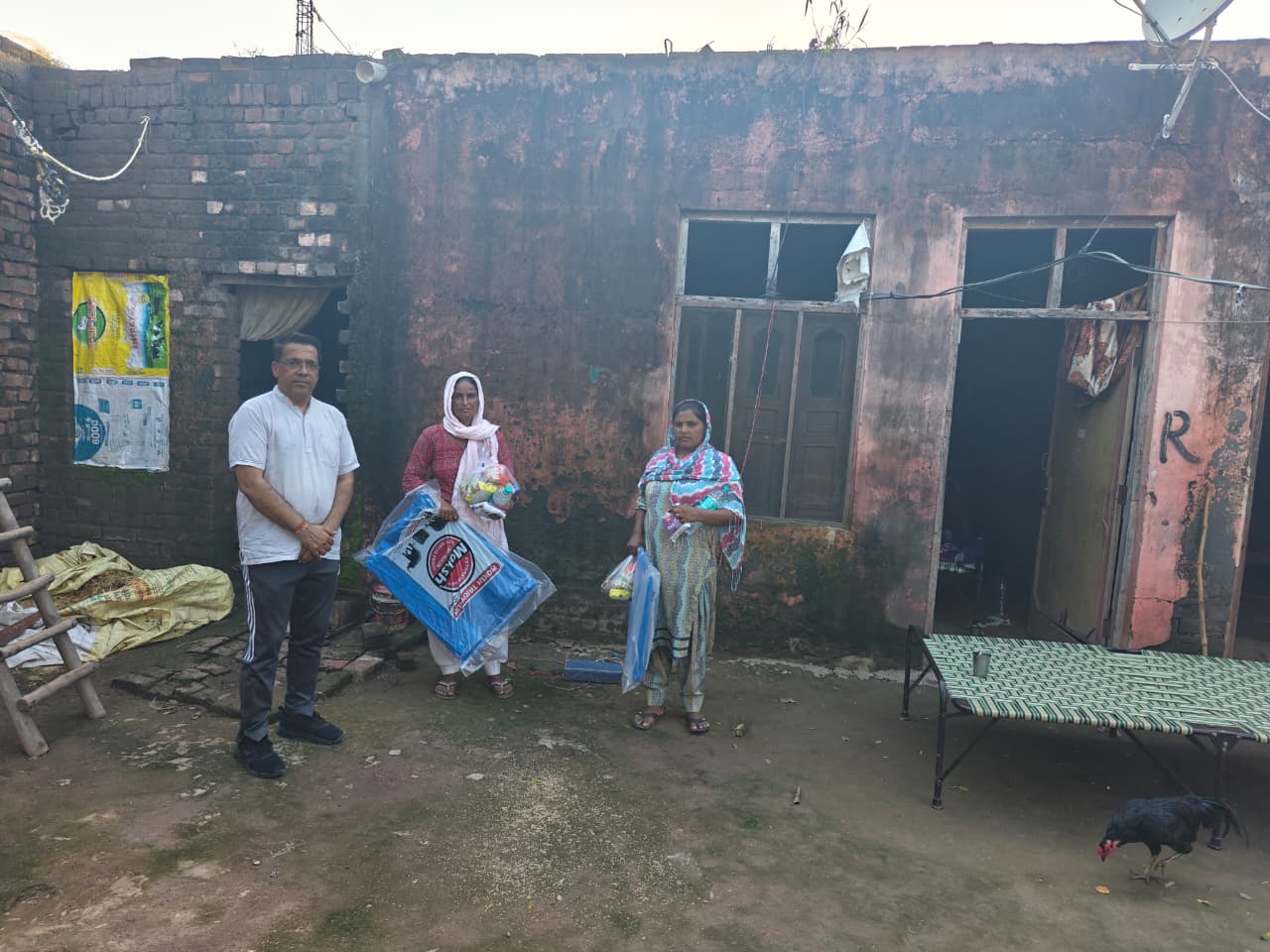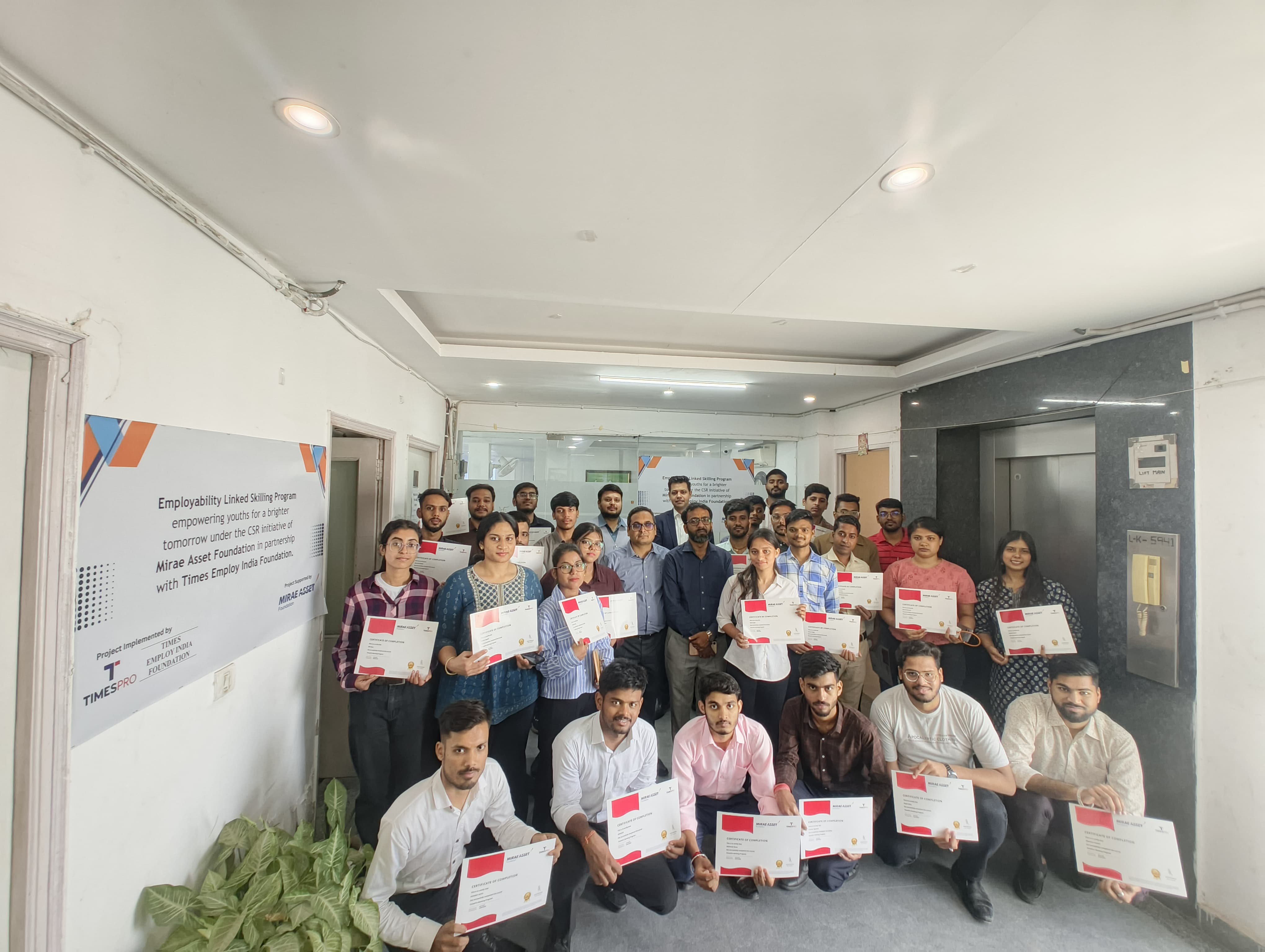Subscribe our Weekly Newsletter
Applications Invited for Coastal Ecosystems for People and Planet Fund

Organization: National Geographic Society
Apply By: 03 Oct 2025
Grant Amount: 20000 USD
About the Organization
For more than 130 years, the National Geographic Society has funded the best and brightest individuals dedicated to scientific discovery and understanding of our world.
Our historic commitment to dauntless exploration dates back to our founding in 1888 when 33 prominent scholars and scientists established an organization dedicated to the “the increase and diffusion of geographical knowledge.”
About the Grant
The Lindblad Expeditions-National Geographic (LEX-NG) Fund is supported by travelers aboard National Geographic-Lindblad Expeditions voyages and has a mission to support projects that help us better understand and protect our world’s oceans, restore critical marine and coastal habitats, and foster environmental stewardship in the regions visited by the fleet, and beyond. The Fund supports inspirational, passionate project leaders who are committed to illuminating and protecting the wonder of our world. In 2025, the LEX-NG Fund will support new projects that focus on our planet’s critical blue forest coastal ecosystems. Mangroves and salt marshes help protect coastal areas by lessening the impact of coastal erosion, storms, and flooding; kelp forests provide a nutritionally rich food source for neighboring communities and wildlife; seagrass meadows improve water quality by removing harmful nitrogen; and all blue forests support rich, unique ecosystems upon which many communities around the world rely for their livelihoods. Protection, management, and restoration of existing blue forests have the potential to stave off further ecosystem losses and maintain carbon-related benefits – blue forests can also act as carbon sinks by capturing and holding carbon. Blue forest ecosystems are now acknowledged as climate solutions, due to their carbon sequestration and climate adaptation potential. In some cases, they can store 10 to 20 times as much carbon per hectare as terrestrial forests.
The situation is now critical. Seagrass meadows decline by an estimated 7% annually; 50% of the world’s mangroves have been lost in the last 50 years; 40% to 60% of kelp forests have degraded in the same time frame. All of these losses are attributable to climate change or human activity. National Geographic Society and Lindblad Expeditions are in search of exciting, innovative new projects aimed at reversing these trends and shining a light on the importance of crucial blue forest ecosystems. This RFP will support projects with a primary discipline of Science; applications for Storytelling and Education projects will not be considered.
This competitive call for applications seeks to fund ambitious projects focused on conservation, restoration, or research related to blue forests (including mangroves, seagrass meadows, kelp forests, or coastal salt marshes). This presents a powerful opportunity for strengthening and centering the voices of communities who are part of the expedition journeys. Through the LEX-NG Fund we will support projects that center the needs, interests and knowledge of communities and local partners – complementing National Geographic-Lindblad’s existing work in building unique cultural experiences for guests that foster cultural connection. This funding opportunity will prioritize blue forests in National Geographic-Lindblad Expeditions (NG-LEX) destinations, including Southeast Alaska and British Columbia, the Arctic, Baja California, United Kingdom and Ireland, the Caribbean, Central American, Galápagos, and the Mediterranean, as well as other relevant locations visited by the fleet (for more information, please review the Regions of Interest document). Proposals for projects in other regions will also be considered..
Benefits
- Up to $20,000 in funding for Level I grants, up to $100,000 in funding for Level II grants. See here for budget guidelines.
- Membership in the Explorer Community and eligibility for a variety of future funding, learning and networking opportunities.
- Potential opportunities to be featured on LEX social media channels, and/or in the LEX-NG Fund Annual Traveler Impact Report (the latest version of the Impact Report can be found here).
- Potential guest speaking opportunities aboard NG-LEX vessels.
Eligibility
- Project must primarily focus on conservation, restoration, or research related to blue forests (such as mangroves, seagrass meadows, kelp forests, or coastal salt marshes).
- Project must have a primary discipline of Science, and a primary focus area of Ocean; applications for Storytelling and Education projects will not be considered.
- Projects focused on blue forests in locations that overlap with NG-LEX voyages (please review the Regions of Interest document for more information) are preferred, but not required.
- Candidate must be willing to provide project information that can be shared with travelers aboard NG-LEX vessels.
- Candidate must be over the age of 18.
- The individual responsible for carrying out the project should be listed as the project leader.
- Most projects will be awarded as Level I grants. Level I (LI) project budgets may not exceed US$20,000. Level II (LII) project budgets may not exceed US$100,000 (the expected average budget for a LII project under this opportunity is US$50,000 to US$75,000).
- Projects awarded at Level I must be completed within one (1) year of receipt of funding. Projects awarded at Level II must be completed within two (2) years of receipt of funding. Extensions may be granted due to extenuating circumstances, on a case by case basis.
- Applicants are encouraged to design projects to be implemented in communities where they already have existing connections or a track record of work. If the applicant does not have existing connections or a track record of work in the proposed location(s), they are strongly encouraged to include local collaborators.
- Application and all required reporting must be completed in English.
- Application materials must be complete enough to be able to assess candidate’s skills and experience, as well as the project idea.
- Strong applications will include an achievable goal, as well as meaningful collaboration with local stakeholders built into every stage of the project.
-
- Level I: If you are working to establish yourself in your field, hope to gain experience leading projects, are interested in joining the National Geographic Explorer community, and have not yet received a grant from the National Geographic Society, you may apply for a Level I Grant. This opportunity is designed for individuals who may be earlier in their career.
- Level II: If you are more established in your field, have previously received a grant from the National Geographic Society, or are seeking a higher level of funding, you may apply for a Level II Grant. You are not required to have previously received a grant from the National Geographic Society to apply for this opportunity.
How to Apply
Candidates must submit an application through the National Geographic Society website. The RFP opens in August 2025, and closes on October 3, 2025 at 11:59 PM EDT (October 4 at 3:59 AM UTC). We expect to announce awards in December 2025. For more detailed information about this RFP and recommendations for crafting strong applications, consult our Frequently Asked Questions document. If you have questions that are not answered here or in the FAQ document, please email us at funding@ngs.org with “Coastal Ecosystems RFP” in the subject line.
Please note: this form requires you to log into or create a National Geographic Society account.
For more information please check the Link
Join us for the 12th Edition of India CSR & ESG Summit 2025 | Register Now
Latest Online Store
Latest Tenders And EOIs
Latest News
© Renalysis Consultants Pvt Ltd
























.jpg)

.jpg)
